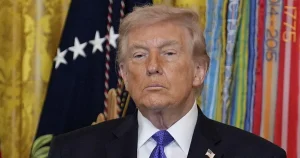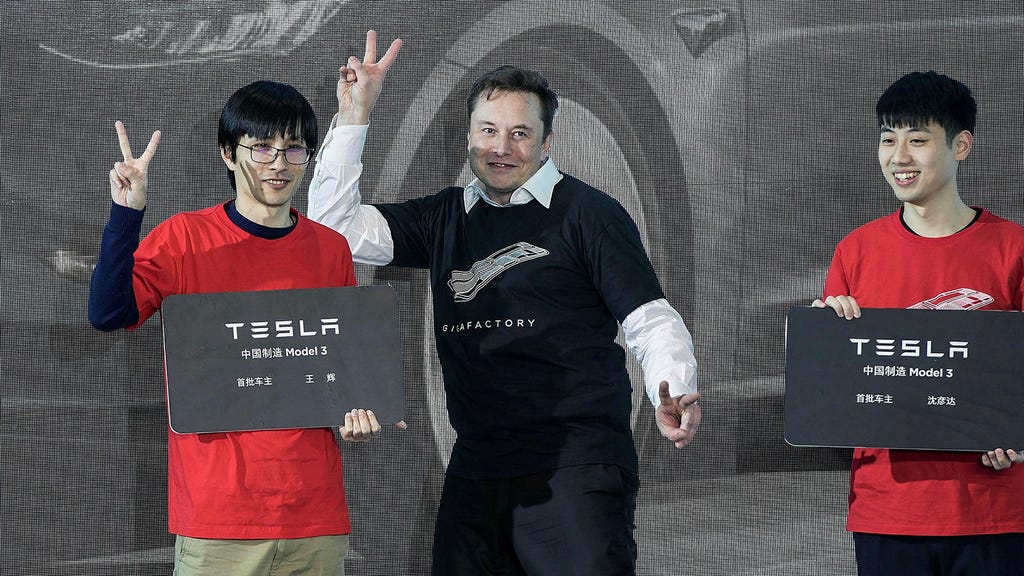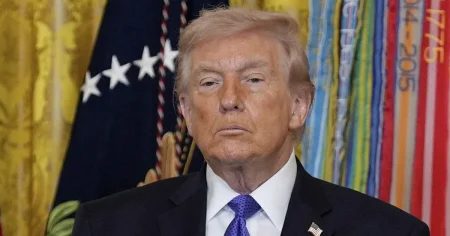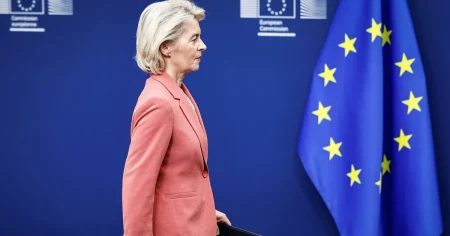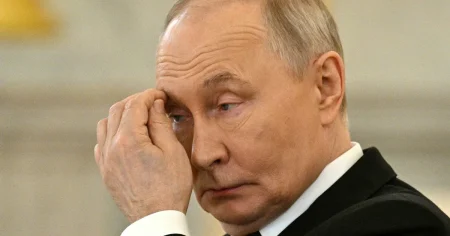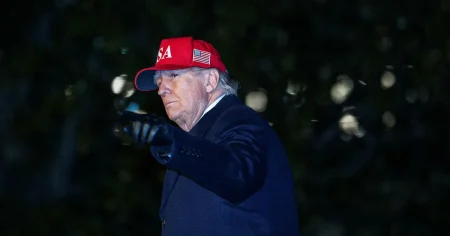Donald Trump’s proposed tariffs on Chinese goods threaten to create a rift between the incoming president and his close associate, billionaire Elon Musk. Musk’s substantial investments in Tesla’s Chinese factories have positioned him as a key player in the US-China economic relationship, and Beijing hopes his ties to China will influence Trump’s trade policies. This situation highlights the complex interplay between personal relationships, business interests, and international trade, with Musk potentially caught in the crossfire.
Musk’s significant investment in China, exemplified by the Tesla Gigafactory in Shanghai, represents a major commitment to the Chinese market. This factory, Tesla’s first outside the US, not only caters to the growing Chinese demand for electric vehicles but also serves as a crucial export hub for Tesla. Trump’s proposed tariffs could significantly impact the profitability of this venture, increasing production costs and potentially hindering exports. This puts Musk in a delicate position, balancing his business interests in China with his relationship with Trump.
China views Musk’s presence as a potential leverage point in its trade negotiations with the US. The Chinese government sees Musk as a bridge between the two nations, hoping he can persuade Trump to reconsider the tariffs. This expectation stems from Musk’s close relationship with Trump and his significant economic stake in China. Beijing understands that tariffs could harm Tesla’s operations in China, potentially motivating Musk to lobby Trump for a more favorable trade policy. This strategy underscores China’s recognition of the intertwining of business and politics in international relations.
The potential clash between Trump’s protectionist trade policies and Musk’s global business interests highlights the challenges faced by multinational corporations in navigating geopolitical tensions. While Trump aims to protect American industries through tariffs, Musk’s Tesla relies on global supply chains and international markets for its success. The imposition of tariffs could disrupt these established networks, forcing companies like Tesla to reassess their global strategies. This situation underscores the inherent tension between nationalistic trade policies and the interconnected nature of the global economy.
Musk’s predicament underscores the delicate balancing act required of business leaders operating in an increasingly complex geopolitical landscape. He must navigate the competing pressures of maintaining a positive relationship with the US government while protecting his significant investments in China. This situation could force him to choose between loyalty to his country and the financial well-being of his company. The outcome of this situation could have significant ramifications for other multinational corporations operating in both the US and China, setting a precedent for how businesses navigate future trade disputes.
The potential rift between Trump and Musk over tariffs symbolizes the broader challenges posed by rising protectionism and the interconnectedness of the global economy. This situation highlights the increasing difficulty of separating business interests from political considerations, particularly in the context of international trade. As global supply chains become more integrated and businesses expand their international operations, the potential for conflict between national trade policies and corporate interests will likely intensify. This case serves as a microcosm of the larger tensions playing out on the world stage, underscoring the need for greater cooperation and understanding between governments and businesses to navigate the complexities of global trade.




